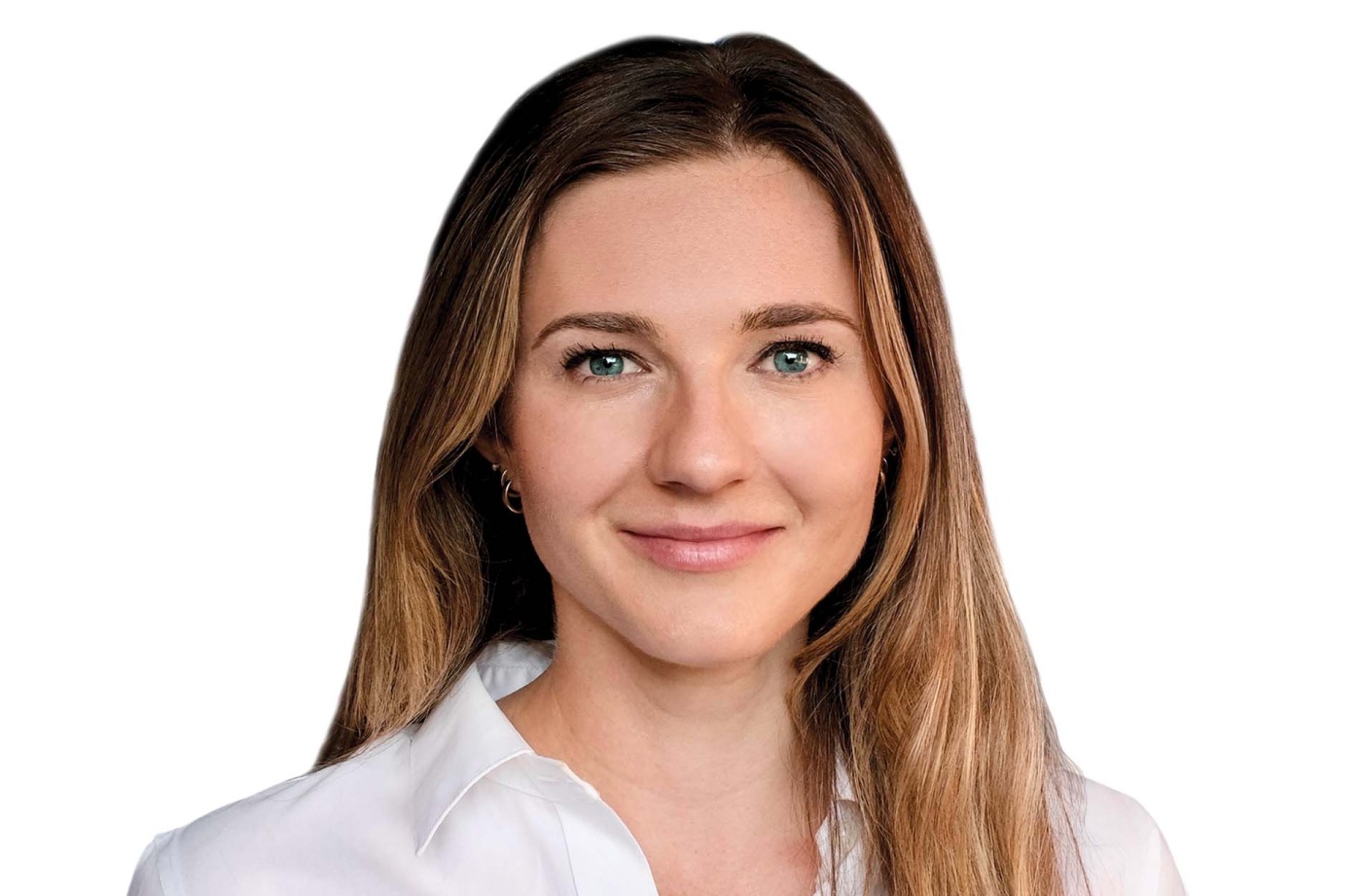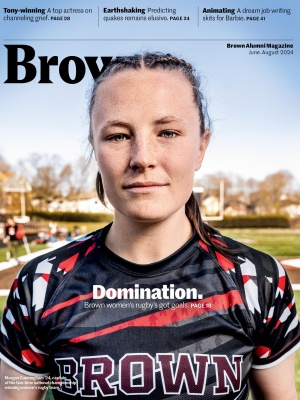Before the pandemic, Kiera Peltz ’16 and her team at the Coding School were introducing quantum computing to participants at a hackathon at the University of Maryland. The event was a sea of white male freshmen. Peltz met two female students who were unsure if it was the right path for them.
“I explained to them why quantum computing is interesting and they were convinced to try it out,” Peltz remembers. She ran into the two young women a year later at a quantum computing conference in D.C. “They told me, ‘I love quantum computing and this is what I want to spend my life doing!’” says Peltz.
Peltz, a political science concentrator now based in L.A., launched the Coding School nine years ago from her dorm room at Brown. “I didn’t have a background in STEM or management,” she says. “Everyone told me I shouldn’t do this. But I didn’t listen because I knew this was something that needed to happen and no one was doing this kind of work.”
The program offers free online courses to high school students, primarily on artificial intelligence and quantum computing, which are quickly becoming attractive to employers. Completing the course earns students a certificate that is signed by both the nonprofit and Google Quantum AI, one of its corporate partners. Anyone of any age can also take courses to learn more about two tech sectors. More than 50,000 students in 125 countries have taken Coding School courses, Peltz says.
“Our education system isn’t equipping my generation with the skills that are needed to be competitive in the workforce,” contends Peltz, “and we aren’t developing STEM education for people like me, who didn’t have family interested in STEM or weren’t too interested in voraciously seeking out every technical class. I get messages all the time from students saying how one of our courses has single-handedly changed the trajectory of their lives. It’s meaningful and important work for me.”






